Norjmaa's Destiny (1938)
Genre : Drama
Runtime : 24M
Director : Lev Sheffer, Natsagdorj Tumur
Synopsis
Ulaanbaatar, 1930s. Neighbors Norjmaa and Tserendulam are both pregnant. Having had two consecutive miscarriages, Norjmaa asks a lama to oversee her third pregnancy, while Tserendulam trusts modern medicine. She very often goes to hospital for proper follow-up.
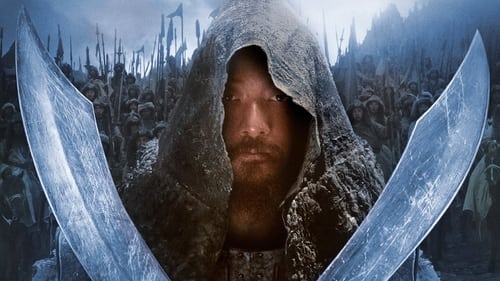
The story recounts the early life of Genghis Khan, a slave who went on to conquer half the world in the 11th century.
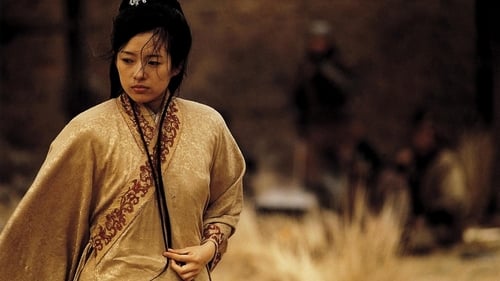
In 1375, China was in chaos between Yuan Dynasty and Ming Dynasty. Coryo (an ancient kingdom of Korea then) sent a delegation of many diplomats, soldiers and a silent slave to make peace with the new Chinese government. However, this delegation got charged as spies and sent in exile to a remote desert.
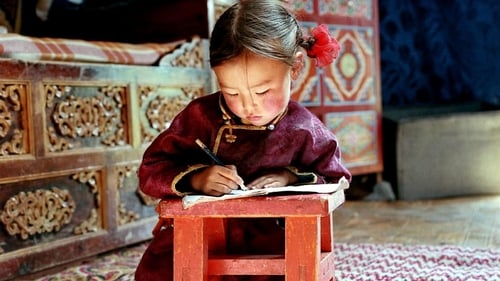
The little nomad girl, Nansal, finds a baby dog in the Mongolian veld, who becomes her best friend - against all rejections of her parents. A story about a Mongolian family of nomads - their traditional way of life and the rising call of the City.
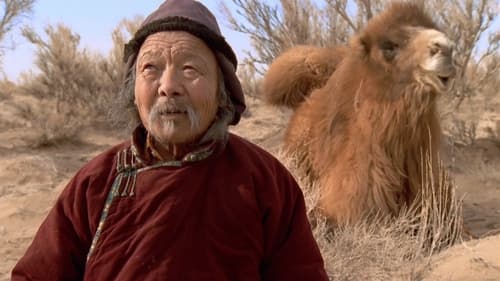
When a Mongolian nomadic family's newest camel colt is rejected by its mother, a musician is needed for a ritual to change her mind.

It is the word "horde" that had meant, for many countries and nations, bloody raids and being under humilating contribution for centuries - a strange and scary world with its own rules and customs. To be or not to be for Rus (Ruthenia), that is the price of the one-man mission as he is departing to this world to accomplish a feat. The film tells the story of how Saint Alexius, the Metropolitan of Moscow and Wonderworker of All Russia, healed the Tatar Queen Taidula, Jani-Beg's mother, from blindness, in 1357.

The Darkhad and Soyon Uriyanghai peoples live in a vast valley in Northern Mongolia, much as their ancestors have for centuries. "Taiga" is the record of a long period spent by the German filmmaker Ulrike Ottinger among these people.
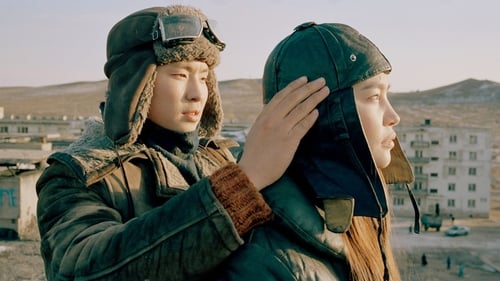
Set in the frozen steppes of Mongolia, a young nomad is confronted with his destiny after animals fall victim to a plague which threatens to eradicate nomadism.

Kenneth Seeley, member of the U. S. State Department's Foreign Service Bureau, and Marge Weldon, a morale worker with the bureau, are assigned to an area in Mongolia dominated by an outlaw warlord. The latter captures the village where they reside and when escape is clearly impossible, Seeley blows up the outlaw's headquarters, losing his own life in doing so.

During the 12th Century a boy is born to a tribal chief. He is named Temujin, which means "blacksmith." Nine years later, his father is murdered by the Tartars After a long struggle, just when Temujin reclaims tribal chief status, the Merkit tribe kidnaps his wife. In order to fight against the Merkits, Temujin has to use his mother as a pawn in exchange for troops from ally tribes. Temujin manages to rescue his wife only to realise that she is pregnant with the enemy's child. Enduring tremendous anguish, Temujin throws himself into battle against the Tartars and slaughters the leader of the intruders. He eventually takes his wife back and accepts her child. Later on, he begins a campaign to unify all Mongolian tribes. By the age of 40, he is bestowed the title "Genghis Khan", which means "oceanic ruler".

When his white stallion disappeared, Shukhert embarked upon a race against time to track down the bandits, find his horse, and bring it home before winter. In this documentary, like a Western set in the East, life seems stranger than fiction – despite this being an absolutely authentic tale. Horse thefts are commonplace in this region, each triggering epic hunts across the spectacular steppes of northern Mongolia. From Buddhism to Shamanism, from horses to reindeer, and from hunters to those looking for gold, his journey is punctuated by a range of encounters that help explain the diversity of this complex region with its ethnic and socio-economic tensions. Thanks to his knowledge of the Mongolian territory, culture, and language, and his extensive experience of the region over the past 10 years, Hamid Sardar takes us on a journey into a world accessible only to a rare few, where safety and justice are pushed to their limits.

At the turn of the 19th and 20th century Finnish philologist G. J. Ramstedt travelled around Mongolia and Central-Asia. In this documentary Ramstedt’s memoirs are heard in the modern day setting, where tradition is replaced with hunger for money, and deserts give way to cities.
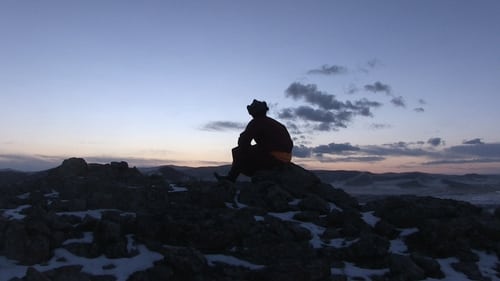
Currently Mongolia’s capital has 1.5 million inhabitants - half the population of the country. 50-year Tumurbaatar is only one of many coming to the city to fulfil their dreams of a better life.
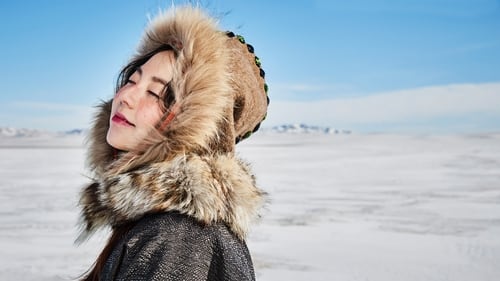
This movie was produced by the beauty brand Lancome and fashion magazine Marie Claire’s collaboration to celebrate International Women’s Day on March 8th.

This is a story about a young couple whose newly planned life was destroyed by the impact of the Great Purges of 1934–1938 in Mongolia. The main goal of this movie was to provide a testimony for the many Buryats and Mongolians who were persecuted during the Great Purges initiated by Joseph Stalin. In 1937 and 1938, many people, and even entire families, were killed after being wrongfully accused of conspiracies. The movie was shot on location near the Buryat village of Dadal in the Khentii province of Mongolia. The acting and other participation of many local villagers was a great addition to the authenticity of the film

Α Bengalese architect builds library boats that can bring books to people even during the monsoon season. Α Mongolian author packs two boxes full of books each summer to provide reading material to children in remote areas. Α Kenyan librarian leads caravans of camels loaded with boxes of books to the nomadic tribes bordering Somalia. Despite the heat, wind, rain or snow, they still manage their long journeys. This film about the fascinating world of mobile libraries tells of unusual means of transportation and adventurous travel, of different cultures and lifestyles, of the worries, aspirations and dreams of people in these areas – of books that change lives – and of book lovers, who take on unbelievable challenges in order to provide people in the remotest areas of the world with reading material. A film about the love of literature and the respect for knowledge that accepts no boundaries.

During an operation with a master criminal, an undercover cop fails his mission because he was shot by an uniform officer. His superior suspects he has become a bad seed and refuses to allow him to rejoin the force. In order to prove his innocence, the cop decides to follow the thief to the Sino-Russian border on an arms struggle deal, but on the way they are chased by Mainland police. During the escape the cop and the criminal become friends. When they return to the Hong Kong border, the police awaits on the other side and...

Ulaanbaatar, 1930s. Neighbors Norjmaa and Tserendulam are both pregnant. Having had two consecutive miscarriages, Norjmaa asks a lama to oversee her third pregnancy, while Tserendulam trusts modern medicine. She very often goes to hospital for proper follow-up.

Best friends Hazel Findlay and Maddy Cope journey to the rocky outer reaches of Mongolia, on a quixotic search for new trad routes.

A recently widowed affluent woman, Undral, faces an inevitable challenge when she must bring her late husband's former wife to the city from the countryside.


















